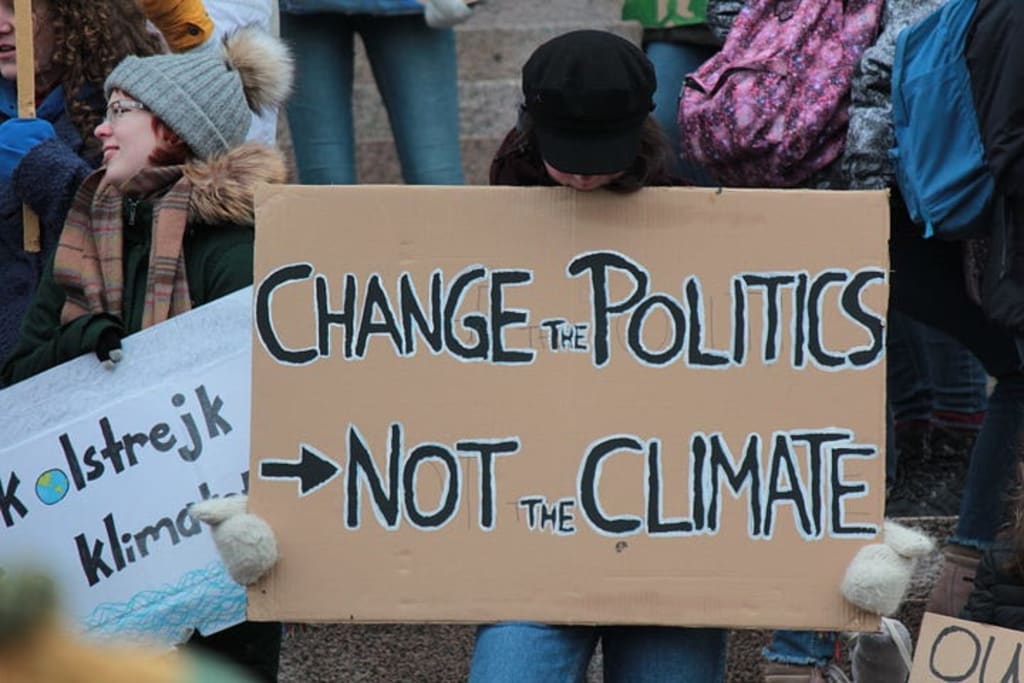
Introduction
In recent years, the political landscape of Pakistan has undergone significant transformations, shaping the nation’s direction and impacting its socio-economic development. Understanding the current situation of politics in Pakistan is crucial for both local citizens and international observers. In this comprehensive article, we delve into the intricacies of Pakistan’s political scenario, highlighting key players, major challenges, and potential opportunities that lie ahead.
1. Historical Background
To comprehend the present political climate in Pakistan, we must first examine its historical roots. The country gained independence from British rule in 1947, laying the foundation for a democratic parliamentary system. However, political instability and military interventions have intermittently marred the nation’s progress, leading to periods of military rule.
2. Major Political Parties
Pakistan is home to a vibrant multi-party system, with several significant political parties actively participating in the democratic process. These parties represent diverse ideologies and cater to the interests of various constituencies. Some prominent parties include:
a) Pakistan Tehreek-e-Insaf (PTI): Founded by Imran Khan, PTI emerged as a major player in the 2018 general elections and currently leads the federal government.
b) Pakistan Muslim League-Nawaz (PML-N): Led by former Prime Minister Nawaz Sharif, PML-N has a strong support base in Punjab province.
c) Pakistan Peoples Party (PPP): Led by Bilawal Bhutto Zardari, PPP has a historical legacy and draws support from the Sindh province.
d) Muttahida Qaumi Movement (MQM): Primarily representing the urban areas of Sindh, MQM has a distinct voice in national politics.
3. Key Political Challenges
Despite progress in certain areas, Pakistan faces several political challenges that demand attention and effective solutions. Understanding these challenges is essential for devising strategies to overcome them. Some key challenges include:
a) Security Concerns: Pakistan has long grappled with security issues, including terrorism and regional conflicts. These challenges require a robust approach to maintain peace and stability.
b) Corruption: Eradicating corruption from the political system remains a significant challenge, as it hinders the nation’s progress and undermines public trust.
c) Socio-Economic Disparities: Addressing the socio-economic disparities within the population is crucial to fostering inclusive growth and ensuring equal opportunities for all citizens.
d) Electoral Reforms: Enhancing the transparency and fairness of the electoral process is vital to strengthen the democratic fabric of the country.

4. Role of Civil Society
Civil society organizations play a pivotal role in shaping the political landscape of Pakistan. These organizations act as watchdogs, advocating for democratic values, human rights, and social justice. Their efforts contribute to creating a more inclusive and accountable political system.
5. International Relations
Pakistan’s foreign policy and international relations significantly impact its political dynamics. As a nuclear-armed country situated in a geopolitically crucial region, Pakistan maintains relationships with various global powers. These relationships shape the nation’s stance on regional conflicts, economic cooperation, and diplomatic engagements.
6. Potential Opportunities
Despite the challenges, Pakistan also possesses immense potential for positive political developments. Exploring these opportunities can pave the way for a more stable and prosperous future. Some potential opportunities include:
a) Economic Growth: Pakistan’s strategic location and abundant resources offer significant potential for economic growth, attracting foreign investment and fostering domestic industries.
b) Youth Engagement: Pakistan has a considerable youth population, presenting an opportunity to harness their energy and ideas for progressive political reforms.
c) Technological Advancements: Leveraging technological advancements can enhance governance mechanisms, improve service delivery, and promote transparency in the political arena.






Comments
There are no comments for this story
Be the first to respond and start the conversation.